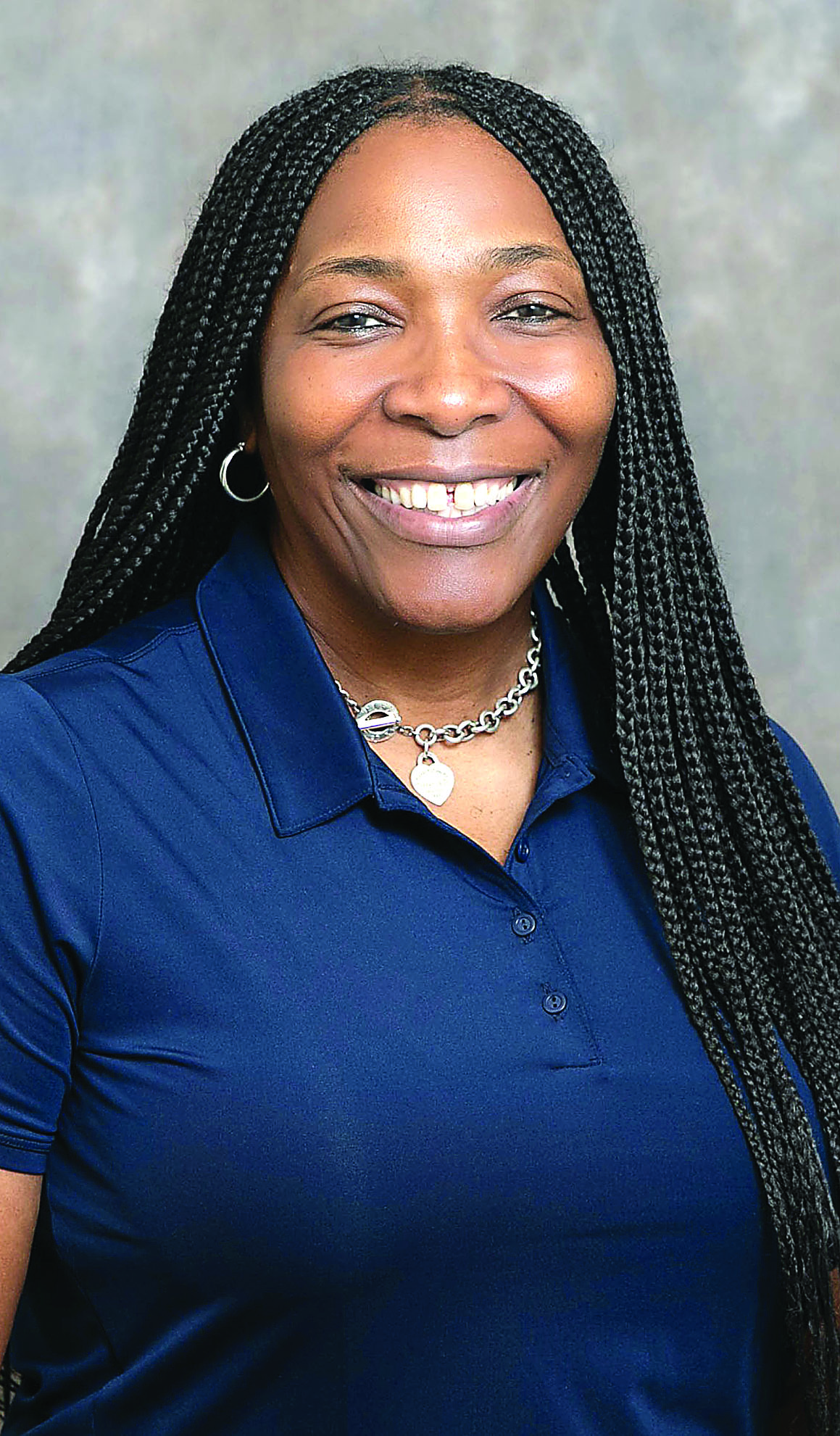EDITORIAL: Gerrymandering hypocritical, undemocratic
Published 9:00 am Friday, November 5, 2021
Redistricting should be 100% nonpartisan.
The very partisans who complain about what they call rigged, or stolen, elections seem to be completely OK with gerrymandering. How much sense does that make?
It doesn’t matter whether it is done by Republicans or Democrats, manipulating voting districts to favor a political party is antithetical to open, free and fair elections.
The patchwork of willy-nilly redistricting laws and processes across the nation favor whichever party happens to be in power every 10 years when redistricting takes place following the U.S. Census.
Partisan districting undermines the entire electoral process and the damage done cannot be undone for a decade.
Quite simply, voting district lines should be based on math and geography and little else.
Commissions tasked with drawing voting districts in states should never be made up of self-interested, sitting elected officials, lobbyists, party loyalists, donors or operatives. All conflicts of interest should be avoided at all costs.
Those panels should be diverse and representative.
Packing redistricting panels with elected officials disproportionately favoring the party in power is simply undemocratic.
When maps are drawn they need to make sense and, at the very least, a district should be completely contiguous.
Public input is a must if there is going to be public trust.
There must always be adequate public notice of all redistricting meetings and deliberations and those meetings must be easily accessible to the general public.
The U.S. Congress should pass comprehensive redistricting reform that only allows for completely independent, nonpartisan commissions and that guarantees a completely transparent, open public process.
Short of that, lawmakers in our state should realize it is disingenuous, if not completely hypocritical, to cry about rigged or stolen elections and then turn around and rig voting districts for the next 10 years.





